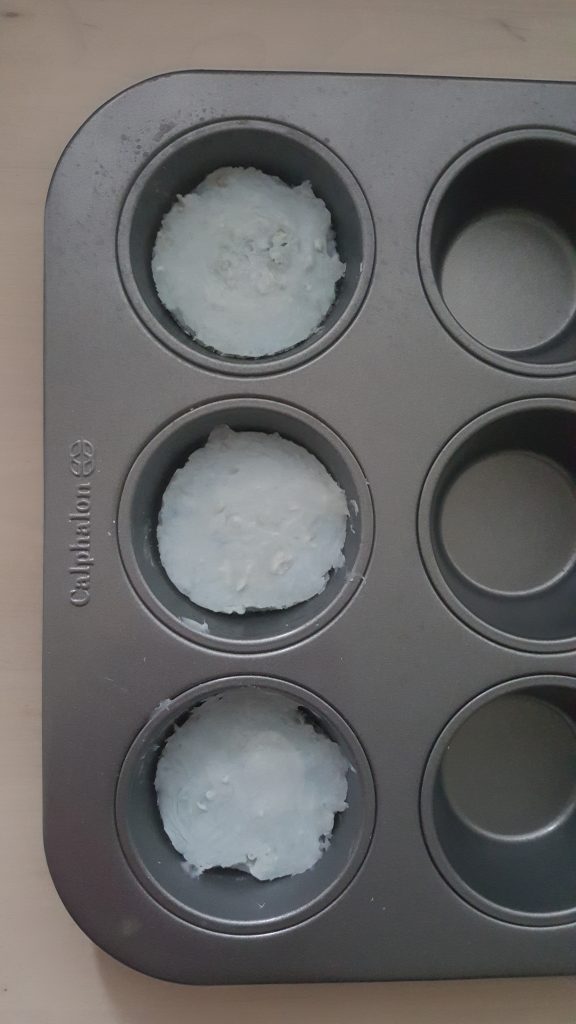It’s interesting to speculate what the state of privacy could be as we transition from a state of action to one of management in the pandemic.
Different countries have taken various approaches to control the disease. Some countries, like China, have employed rigid restrictions by shutting down entire provinces and forcibly quarantining people. Another part of their strategy relies on using artificial intelligence (AI), technology, and surveillance to both track people and assist with contact tracing.
Other countries, like Sweden, have put some restrictions in place but have largely relied on the honor system for compliance.
At this stage, it’s hard to know for sure which path is the right one to take. The question of using technology to assist with contact tracing is a big one for more democratic countries, particularly around the management of the collected private, sensitive information.
When it comes to technology, we often sacrifice privacy for convenience. Sometimes we may perceive the risk of giving up our information as minimal to use a new app. Other times, we may opt out, or accept less functionality to preserve some of our privacy.
However, when our health and livelihoods are challenged, this brings a new perspective to the privacy issue. Many people are scared of getting Covid-19, or of unwittingly spreading it. Fear is a powerful motivator that could sway people to think differently about privacy.
In pre-pandemic times, people might find something like contact tracing through smartphones, such as the techniques used in China, to be invasive, especially when combined with AI and other high-tech surveillance measures. But in the middle of a pandemic, the perspective and context changes. Some people may re-evaluate their stances on privacy, or be willing to sacrifice some of their privacy for the greater good of preventing the spread of Covid-19.
Decisions surrounding our personal privacy and how much of it we’re willing (or required) to share should always be taken seriously, even during a pandemic when we’re all eager to get back to some kind of normalcy. It’s at times like these we may be tempted to give up too much without a way to get it back later because we’re scared or desperate or any other number of emotions. Going forward, will we only be able to move around “freely” if we decide to share our Covid-19 test results and allow ourselves to be tracked through smartphones?


